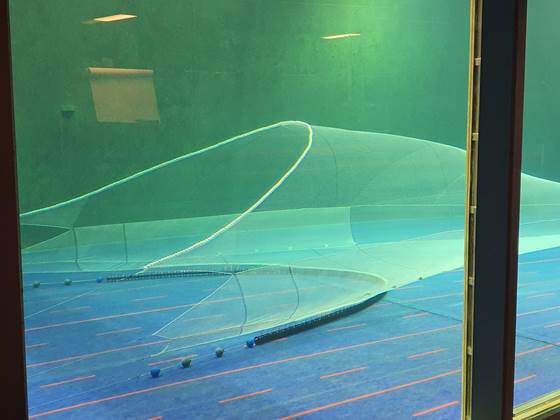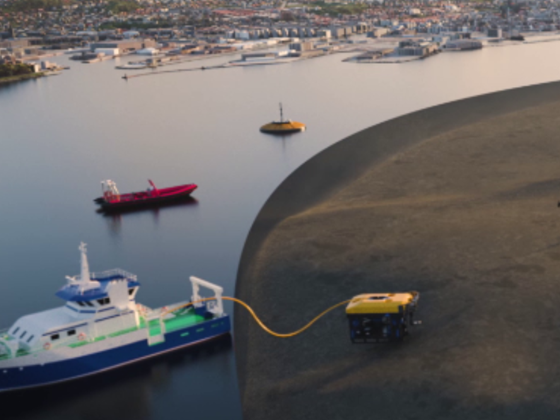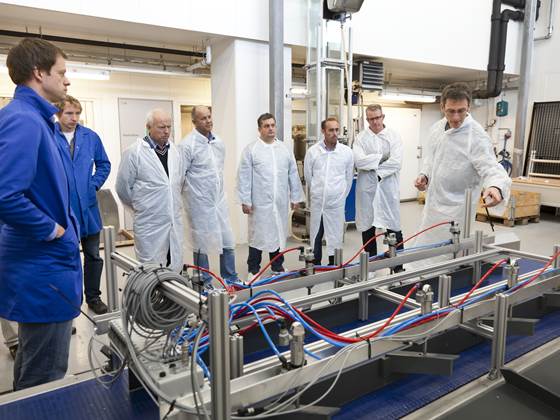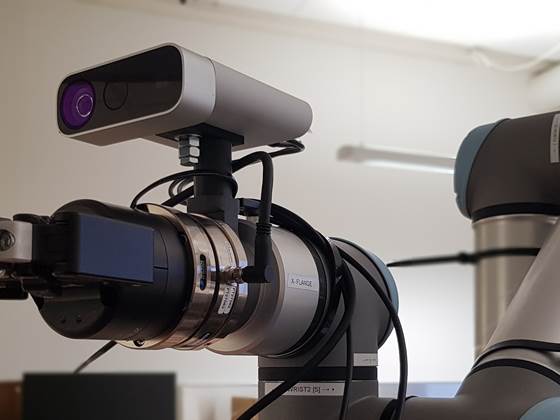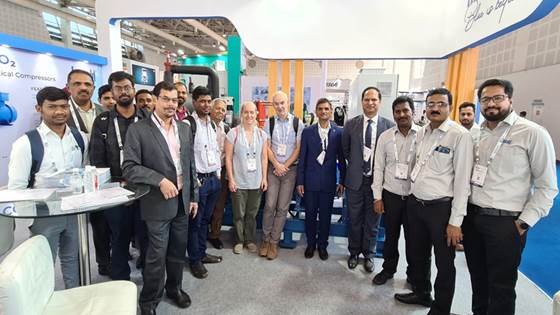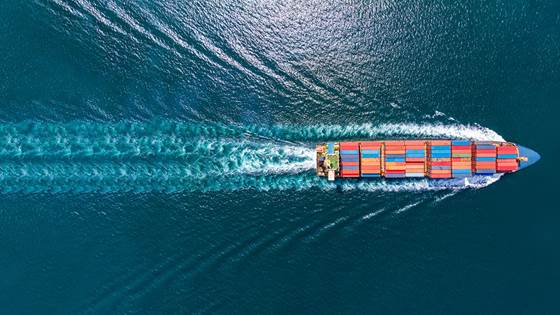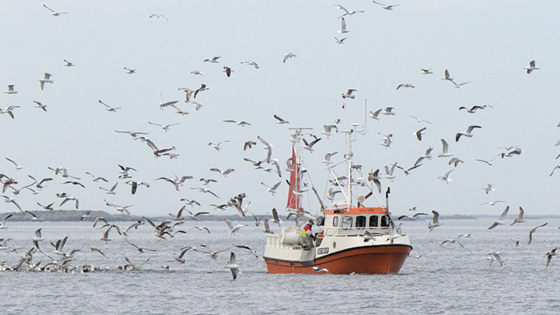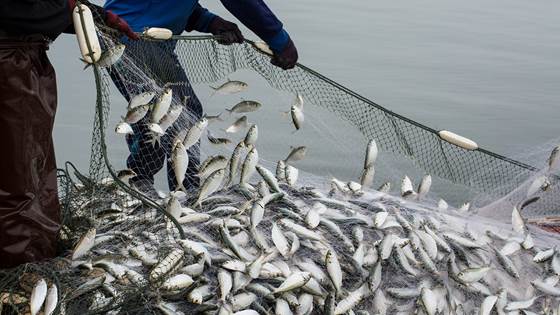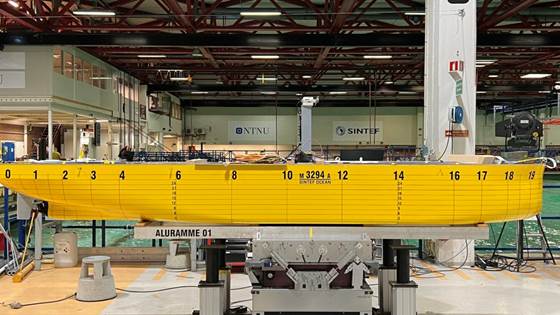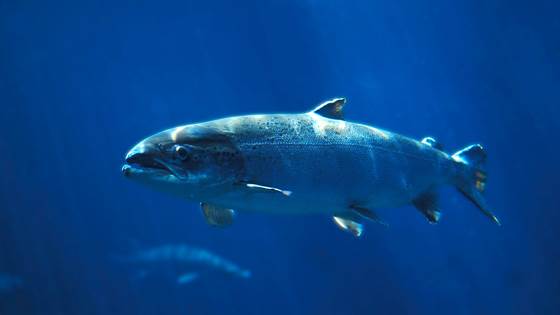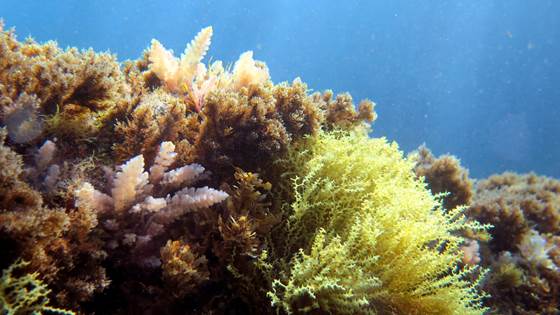As the world’s ninth largest fishing nation, Norway exported fish and fishery products for a record NOK 31.6 billion in 2020. If both we and future generations are to continue to benefit from our ocean areas, it is important that fisheries are future-oriented and sustainable. We at SINTEF are therefore working to develop both traditional fishing and fishing for new resources.
Important research areas include the development of more efficient catch methods, a more sustainable utilisation of traditional and new resources, as well as more ways of utilising all the raw materials.
It is important to find a balance between the highest possible economic yield from fisheries, and preserving ecosystems and biodiversity in the ocean. Major debates are taking place about how best to achieve this, and in order to find solutions, we must carry out thorough trials. That is why we conduct a lot of work on developing and improving things such as fishing gear and catch methods. These are tested as models in our highly advanced flume tank in Hirtshals, and in full scale on research voyages out at sea. This enables us to test efficiency, selectivity and impact on the fishing areas under the same conditions that are experienced while actually fishing at sea.
Being a fisherman is associated with a relatively high risk of injury. Therefore, we are also working to identify and minimise risks associated with work on board fishing vessels, so that it is safe to go to work as a fisherman.
Collectively, we have broad expertise in fisheries technology, and we collaborate extensively across internal professional environments and with the industry to ensure good quality results. In addition, our researchers have extensive experience in project development and management, and we have a large network within the fields of industry, research and education.


